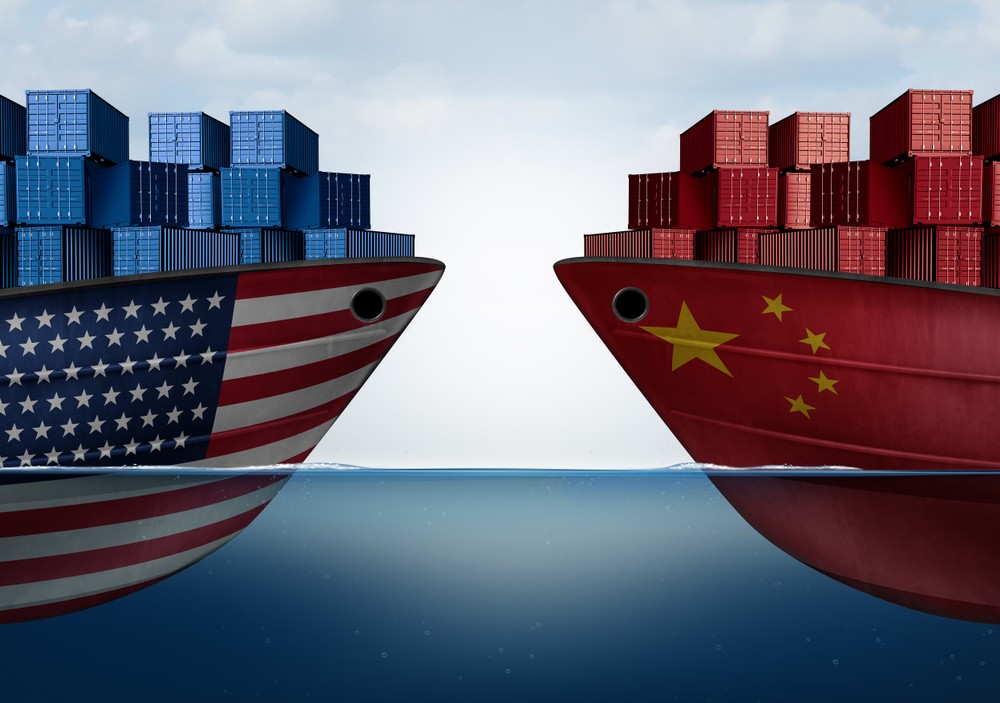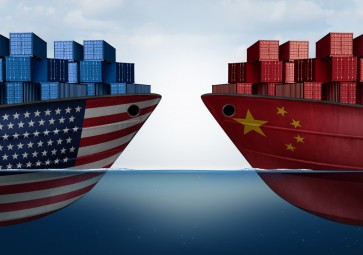Popular Reads
Top Results
Can't find what you're looking for?
View all search resultsPopular Reads
Top Results
Can't find what you're looking for?
View all search resultsUS-China trade war impacts on ASEAN
ASEAN countries are deeply connected to the regional supply chain, serving as a major supplier of industrial intermediate inputs to China for further processing and re-exporting to western countries, including the US.
Change text size
Gift Premium Articles
to Anyone
A
SEAN has played an important role in building prosperity in the region in its 50 years of existence. ASEAN’s gross domestic product now stands at approximately US$2.5 trillion, making the expanded grouping the world’s sixth-largest economy and fourth-largest global trading power.
ASEAN nations have built regional production networks across many sectors, boosting their competitiveness in global markets and significantly reducing poverty. But while the current achievements and progress look good, there is a significant external threat at its doorstep: growing tension over trade between the United States and China.
Since the beginning of 2018, US President Donald Trump’s administration has announced a 30 percent tariff on imported solar panels, 25 percent tariff on steel and 10 percent tariff on aluminum in an attempt to curb its $375 billion trade deficit with China.
Following those measures, the US Trade Representative (USTR), an executive office of the US president, published a report that determined that the acts, policies and practices of the Chinese government related to technology transfer, intellectual property and innovation covered in the investigation were discriminatory and harmed US commerce.


















